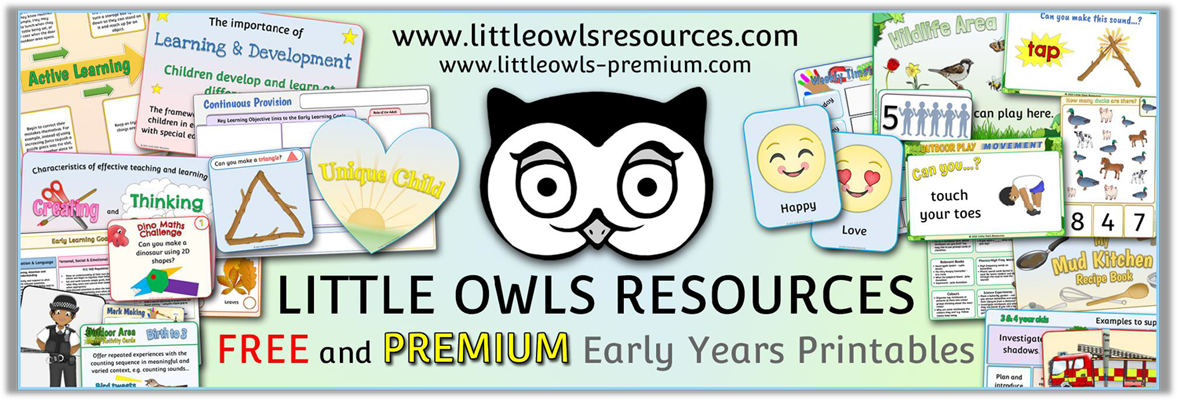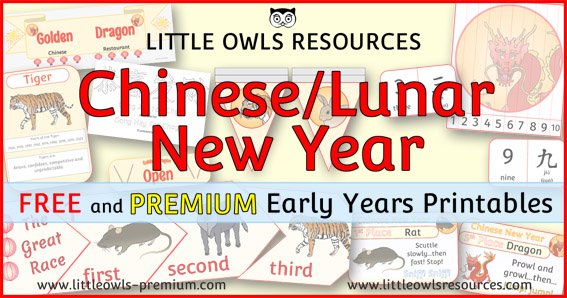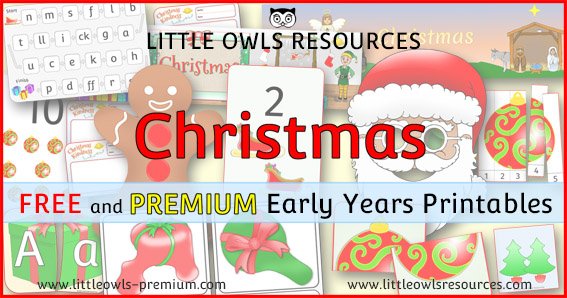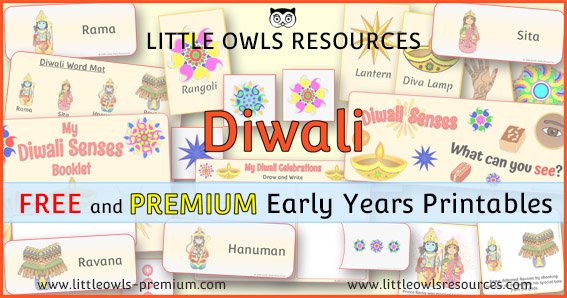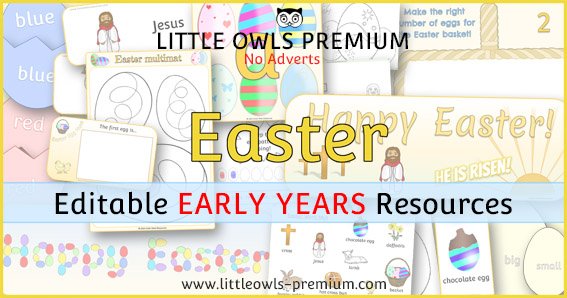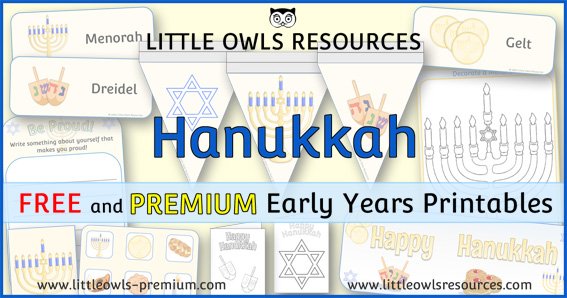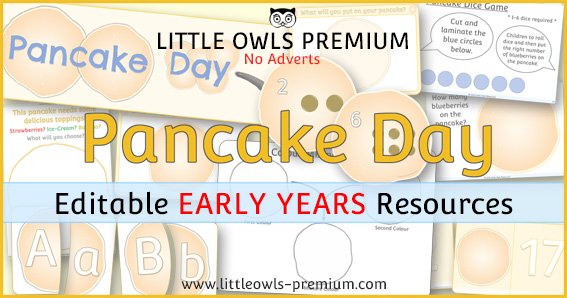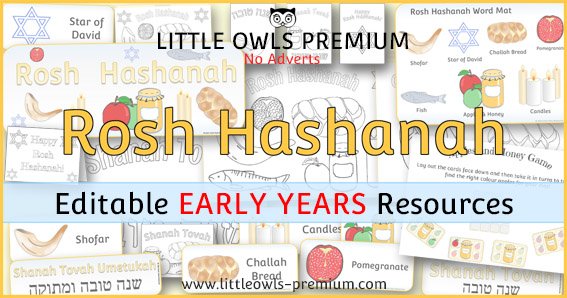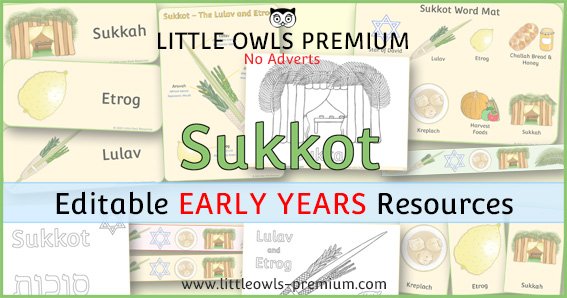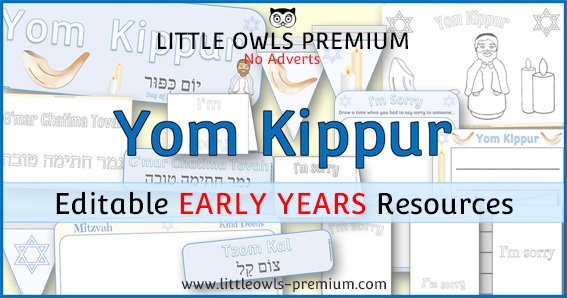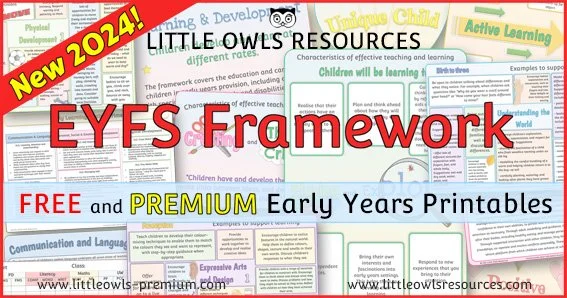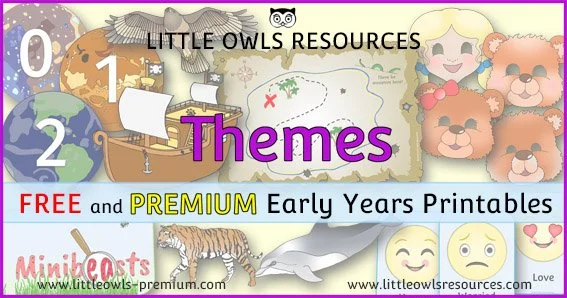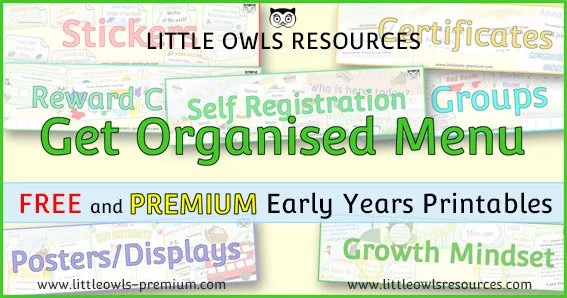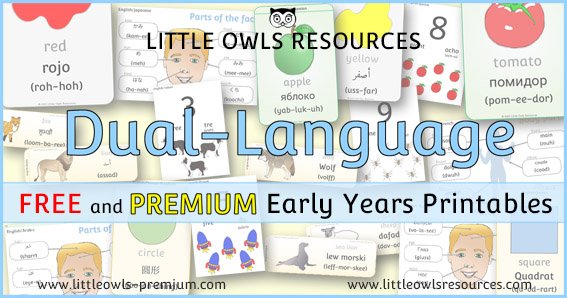Religion & Religious Festivals: EYFS/Early Years activities, Displays and ideas
(Please note that this page will be added to continually as we develop more resources about religion and religious festivals throughout the year.)
SECTIONS ON THIS PAGE:
Free Sample Resource (coming soon!)
General ‘Religion’ resources
Religious Festivals and Celebrations
Related special dates - World Religion Day (Scroll down to find out more)
If you are not a member already, become a ‘Free Access’ member here. This will give you access to resources within the ‘Free Sample Resources’ sections at the top of most pages and ‘Special Dates Calendars’. Some whole topics are even free! Find out more about all of our membership options here. If you are already a member… thank-you! x
Please note that both Editable (docx file) and non-editable (pdf file) versions are available for the following resources. (Editable files require Microsoft Word to work at optimum level and Non-Editable files require a pdf viewer.)
FREE SAMPLE RESOURCE - Coming soon!
(Click on the image below to find out more.)
General ‘Religion’ resources
(More coming soon!)
Religious Festivals
(Click on cover images below for resources)
Related Special Dates | you may wish to explore with your children
The following is a list of awareness dates and events that may be of interest to you when covering the themes on this page. Each special date section below contains a brief description of the event, who started it and why, some ideas for exploring it with your children and a link to the official website of the awareness day or the primary organisation behind it where this is available. [Please note: external links are provided for informational purposes and we are not responsible for the content of external sites.]
World Religion Day
World Religion Day is an observance celebrated annually on the third Sunday in January. It was first established in 1950 by the National Spiritual Assembly of the Baháʼí Faith in the United States and has since grown to be observed by Baháʼí communities and others worldwide. The day aims to promote understanding, harmony, and interfaith dialogue among all religions, recognising the common threads that unite humanity and the valuable contributions of various faith traditions to civilisation.
The main educational thrust of World Religion Day for EYFS and KS1 children is to foster respect, empathy, and curiosity about different cultures and beliefs in the world around them. It's about introducing children to the concept that people have different ways of understanding the world, celebrating diversity, and promoting kindness and understanding towards everyone, regardless of their background or beliefs. It subtly lays the foundation for global citizenship and peaceful coexistence.
Activities for EYFS and KS1 Practitioners and Parents:
Here are some gentle and age-appropriate activities to celebrate World Religion Day and explore the concept of diverse beliefs with young children:
"Hello" in Different Languages: Start the day by learning how to say "hello" in a few different languages associated with various religions or cultures (e.g., Salaam, Shalom, Namaste, Ni hao). This is a simple way to introduce linguistic and cultural diversity.
Explore Different Festivals of Light: Many religions have festivals that involve light (e.g., Diwali, Hanukkah, Christmas, Eid al-Adha). You could focus on a few of these, looking at pictures, simple stories, or making simple crafts related to light (e.g., paper lanterns, star decorations). Emphasise that light often symbolises hope, joy, or goodness for many people.
Stories of Kindness and Helping Others: Read age-appropriate stories from various religious traditions or folktales that convey universal messages of kindness, helping others, forgiveness, or community. Focus on the shared values.
Music and Movement from Around the World: Play gentle music from different cultures or traditions. Encourage children to move freely or try simple, respectful movements that might be associated with traditional dances or celebrations.
"What Makes Us Special?" Activity: Discuss with children that everyone is special and unique. Talk about things that make them special (their favourite colour, their family, their favourite food). Then introduce that people also have different special beliefs or traditions, and that's also something that makes them special.
Explore Symbols and Patterns: Look at simple patterns or symbols often associated with different cultures or faiths (e.g., stars, moons, circles, mandalas – keeping it general and respectful). Children can try to replicate these patterns with playdough, drawing, or collage.
"Our Special Places" Drawing: Ask children to draw a picture of a "special place" for them (e.g., their home, a park, a grandparents' house). Then, gently introduce that for some people, a special place might be a temple, a church, a mosque, or a synagogue, where people gather to share their beliefs. Look at respectful pictures of these places.
Food Sharing (Cultural/Dietary Awareness): If appropriate and with careful consideration for allergies/dietary requirements, you could explore simple, culturally diverse foods that are often part of celebrations (e.g., a simple flatbread, or fruit often shared). Emphasise that different families eat different special foods.
Promote Empathy through Role-Play: Use puppets or simple scenarios to act out situations where characters are different but learn to be kind and understand each other.
Further Resources: As World Religion Day is organised by the Baháʼí Faith, their websites often provide resources. However, for broader educational content suitable for young children, you might also refer to:
The Baháʼí Community of the UK: www.bahai.org.uk (Look for information related to World Religion Day or interfaith activities)
RE Today Services (Religious Education Council of England and Wales): www.retoday.org.uk (Provides resources for teaching about religions in an educational setting).
Various cultural and interfaith organisations: Often have child-friendly resources available online.
